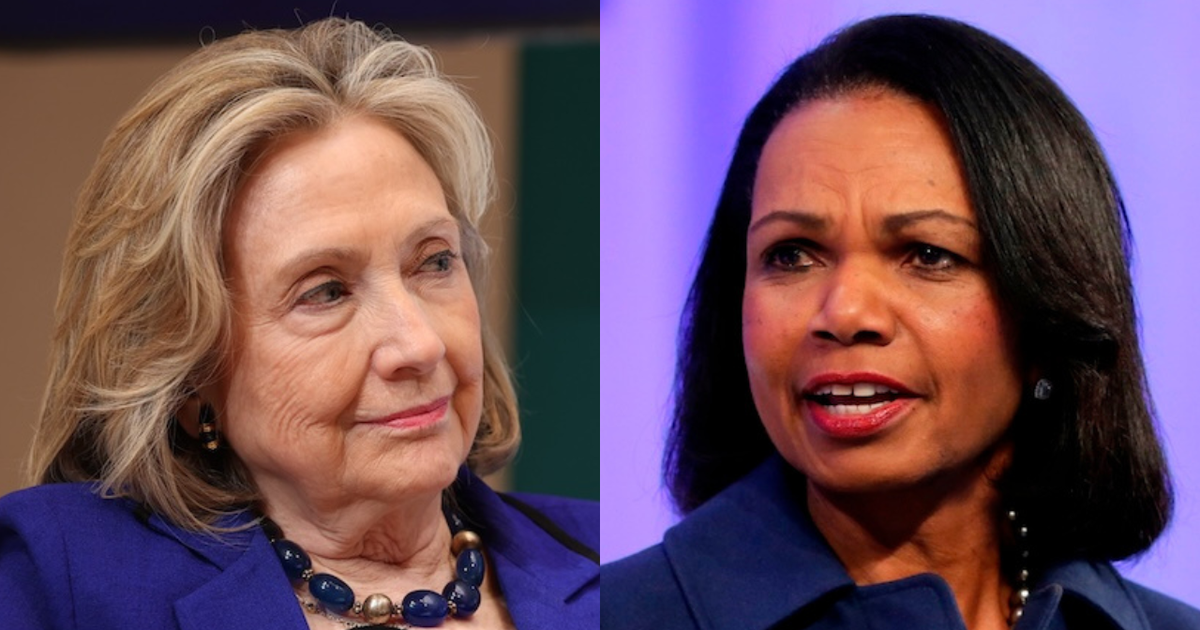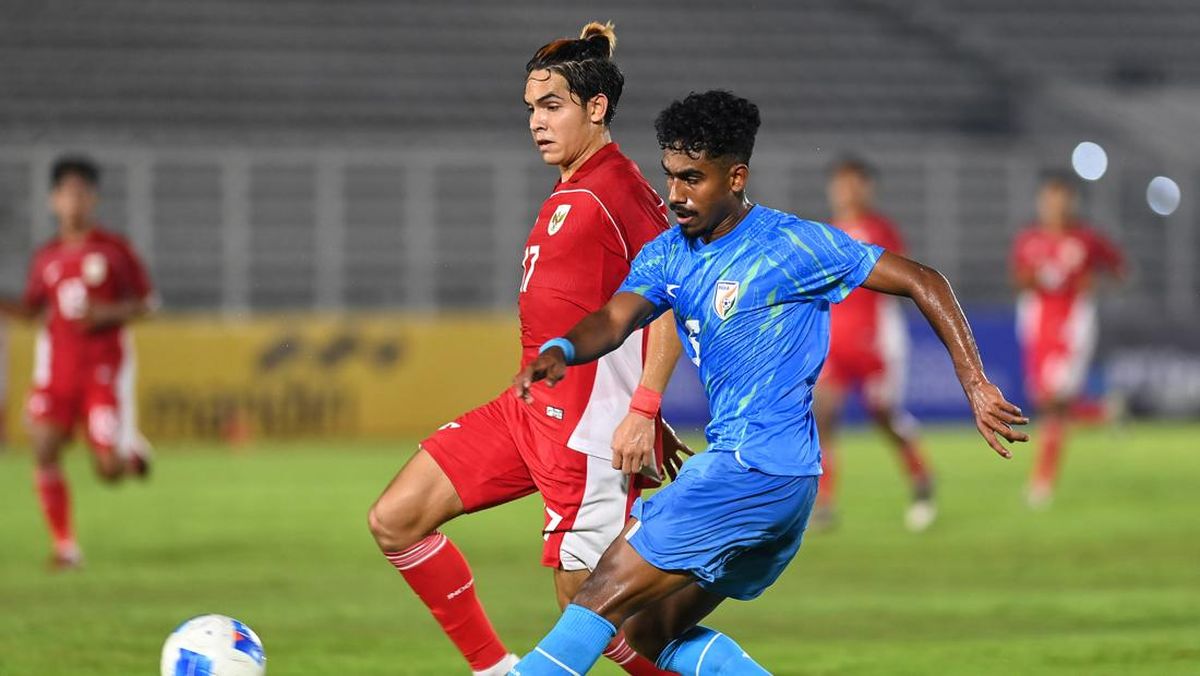Opinion
September 16, 2025 — 5.00am
September 16, 2025 — 5.00am
The first Australian military personnel member to die in World War I wasn’t killed in Gallipoli or Europe or anywhere nearby.
Able Seaman Billy Williams died on the island of New Britain in what is today Papua New Guinea. At the time, it was a German colony. When war was declared, Australia’s first and most urgent mission was to force the Germans out of German New Guinea. Why? So that it couldn’t be used by Kaiser Wilhelm’s powerful East Asia Squadron as a base to attack Australia or other parts of the British Empire.

Illustration by Dionne Gain
Billy, a 28-year-old naval reservist from Melbourne, was part of an advance party with the specific task of capturing a German wireless station on the island. They succeeded, but at the cost of Billy’s life and the lives of five of his comrades. The action was called the Battle of Bita Paka.
“Australians think of World War I, and they think of Gallipoli, the Western Front, the Light Horse,” says Peter Dean, a military historian and newly appointed chair of military studies at the Australian War College.
“But we were only able to send those forces overseas because our region was secure.”
The British defeated the retreating East German Squadron at the Battle of the Falklands three months after Billy’s death.
“Papua New Guinea has always been at the core of Australia’s and the region’s security as part of the gateway from South-East Asia to the South Pacific,” explains Dean.
“Our overriding interest since we were occupied by Europeans has been to make sure that no power in the Pacific that was not aligned with us could get a foothold in the Pacific. In colonial times, we were worried about the Russians, then the Germans in World War I, then the Japanese in World War II and now, of course, the Chinese.”
When the Japanese landed on the north coast of Papua in World War II, an Australian territory at the time, they set out to capture Port Moresby by crossing the Owen Stanley Range on foot.
With Australia under direct threat, John Curtin’s government overruled Winston Churchill and brought Australian troops back to the home theatre – again showing that Australia could only contribute to the security of allies elsewhere when its own security was assured.

Able Seaman Billy Williams was The first Australian military personnel to die in World War I.Credit: Australian War Memorial
Australian blocked and defeated the Japanese on the Kokoda Trail, enabled by the enormous sacrifices of the local Papuans. Generations of Australians celebrated the heroism and warmth of the Fuzzy Wuzzy Angels, as they were affectionately known.
After Australia gave Papua New Guinea its independence in 1975, the 50th anniversary of which is to be celebrated today, it made an abrupt withdrawal. And though Canberra remained the biggest donor of aid to the new nation, it largely treated PNG with benign indifference.
“And now,” says Dean, “once again, geopolitics comes to the Pacific. The long-term historical trend is not going anywhere.”
Australian governments have been jolted out of their holiday from history, their Pacific indifference, by China’s designs for dominance of the region. If Beijing succeeds, China would sit astride “the pathway from Australia to its dominant security partner through Hawaii.” This why Dean describes PNG and the South Pacific as “the front door to Australian security”.
And the Albanese government has put great priority on upgrading its political, aid and security relationship with PNG, with a new defence agreement to be unveiled this week.

Anthony Albanese arrived in Port Moresby this week for the independence celebrations.Credit: AAPIMAGE
Australian Defence Minister Richard Marles said this week: “PNG is obviously on our northern flank. It really matters that we have the very best relationship we can have with PNG in a security sense.”
According to PNG’s Defence Minister Billy Joseph, it is to be a “mutual defence treaty”. He told the ABC: “We’re not talking about interoperability, we’re talking about totally integrated forces. Australian Defence Force and PNG Defence Force both working together closely, using the same equipment … fighting together, defending our sovereignties as an integrated force.”
Joseph said the treaty would contain a provision similar to the NATO treaty’s Article 4, which obliges signatories to consult if one feels that its territorial integrity, political independence or security is threatened. This is similar to the ANZUS treaty, with no automatic obligation for the signatories to defend each other in the event of an attack.
Loading
Apparently the new Australia-PNG treaty will not carry the automatic commitment to mutual defence embodied in NATO’s Article 5.
Australia needs to tread very carefully. “There are a lot of Australians here,” says Dame Meg Taylor, formerly secretary-general of the Pacific Islands Forum.
“And everybody is increasing their activity, in aid, in defence, in police. How do we measure their impact? That’s the question.”
Dame Meg was private secretary to PNG’s founding prime minister, Michael Somare. She has long experience of Australians in her country, good and bad.
“Anything that happens in defence arrangements as the two countries come together, both have to recognise that you are entering a relationship between two sovereign states, one much stronger than the other. The weaker one cannot yield to the other. Because then it’s a constitutional issue.”
PNG is an independent state, no longer an Australian territory. And it is a democracy, so it’s not enough to have the big men signing treaties. If Australia wants “the very best relationship”, it needs to bring the people along with it.
On PNG’s 50th anniversary, Dame Meg says that, if Michael Somare were alive today, he’d be troubled by ethnic fighting between tribes in PNG, by the poor employment prospects for the county’s youth, and by failures of administration and governance.
If Australia wants the treaty to endure and the relationship to flourish, it will need to make sure it helps PNG solve its own problems, not just cater to Canberra’s concerns.
And Dame Meg says that Australian aid is part of the governance problem: “Australia is a neighbour and helps when we need help and shares our interest in rugby league. But cynics like myself ask, all this Australian money spent on aid, where’s it going? Australia is trying to make an effort, but I’ve never supported the method of using contractors, and Australia’s Department of Foreign Affairs and Trade doesn’t listen.”
Australians are paying intense heed to whether its security interests are safe in the hands of the US. But, as Peter Dean says, if we are not secure in PNG, we can’t be secure anywhere.
Peter Hartcher is international editor.
Get a weekly wrap of views that will challenge, champion and inform your own. Sign up for our Opinion newsletter.
Most Viewed in World
Loading


















































